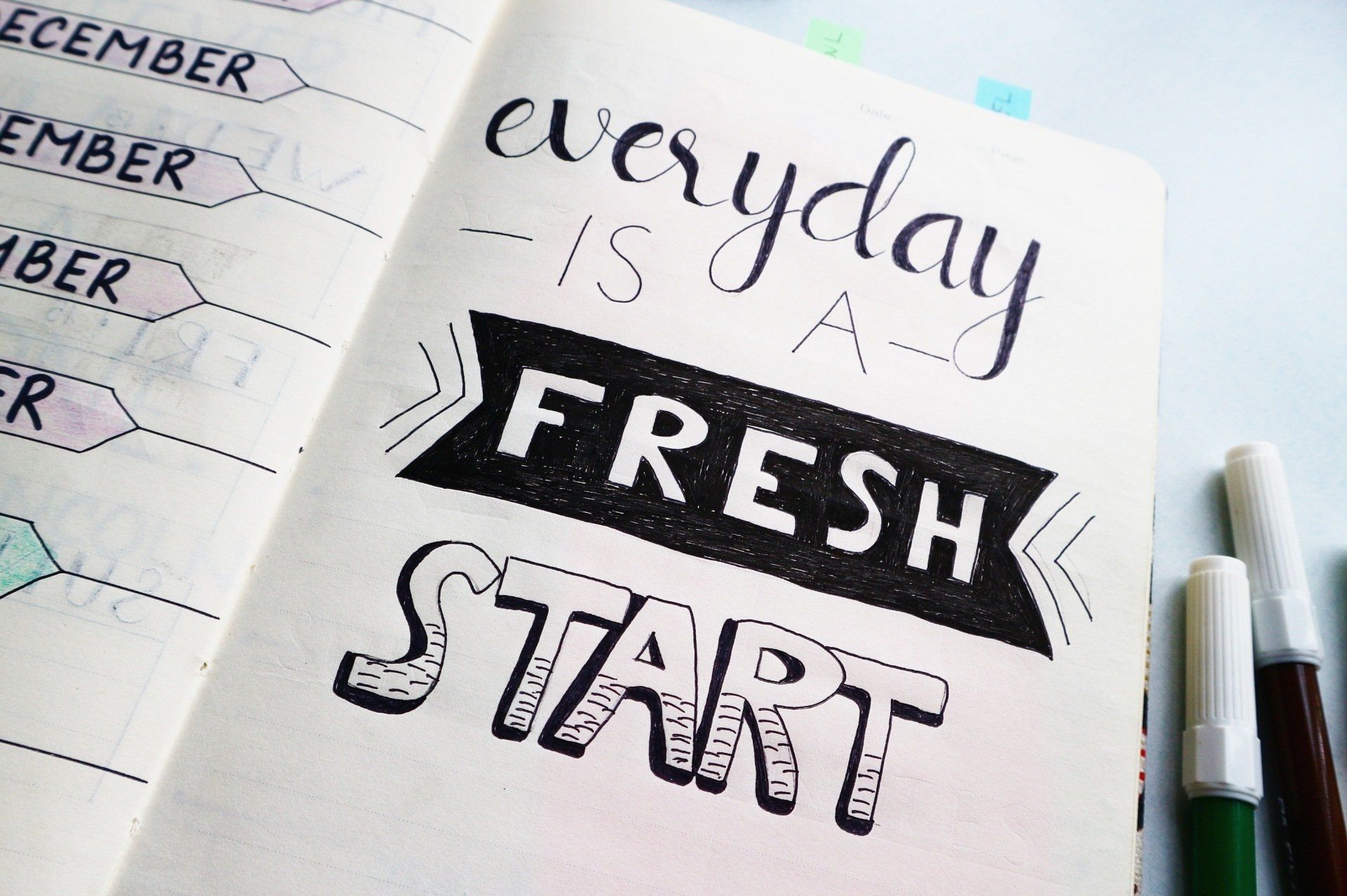Cortisol Connection
Stress, Cortisol and Weight Gain

Stressed OUT! Too much to do and not enough time? Managing our time and busy lives is a key factor in managing our weight. There is a real reason why we gain weight over time, especially if we experience chronic stressors day in and day out without a release of energy or awareness of energy intake. Cortisol is an energy regulator and manager of our response to stress, mood and what we choose to eat. Your ability to manage stress levels and manage your weight are directly connected. Cortisol production is just as important as insulin production and cholesterol levels all of which affect how we feel, eat, sleep and expend energy to manage our weight. Exercise, sleep, good food choices and time management help alleviate our physiological response to chronic stress and get back to a healthy weight and more satisfying lifestyle.
Cortisol Connection
Our primary stress hormone is called Cortisol. While it is activated in our response to stressors, it also regulates our metabolism and plays a vital role in the release of glucose (carbs), lipids (fats), and amino acids (proteins) for energy production. In our liver, cortisol helps with the breakdown of glucagon into glucose from the carbohydrates we eat. Lipids (body fat) is broken down by cortisol to be used as energy, however, to much fat in our diets (fatty acids) over time, can be redistributed by cortisol and stored as belly or visceral fat. Cortisol is produced to send amino acids (proteins) to muscles for use and repair. Then again, any that is not used is sent to the liver for glucose production, and if that energy is not spent, it is stored as fat.
Clearly, cortisol levels in high concentration due to being overly stressed can and will affect fat storage within the cells of our body and ultimately weight gain. Chronic diseases such as obesity, diabetes, high cholesterol, and heart disease may be caused by elevated cortisol levels over time.
Importance of Sleep
As stated earlier, our body’s natural response to stress is to produce the hormone cortisol. Elevated levels of cortisol also affects our sleep. When we do not get enough sleep (8-9 hours) per night, our life can seem overwhelming, our ability to concentrate goes with it, and we can become moody. Furthermore, chronic lack of sleep will increase our appetite and our inability to regulate our blood-sugar levels, which can lead to weight gain. It’s a vicious cycle, as elevated cortisol levels signal the brains response to timely insulin production or our body’s natural ability to convert glucose into immediate energy for use. However, too much eating and not enough sleep leads to elevated glucose levels in the blood and insulin sensitivity or pre-diabetes. So getting an adequate amount of sleep nightly is extremely important for our ability to cope with daily stressors in our life and ultimately make better food choices in order to lose or maintain a healthy weight.
Practical Tips on Managing Time and Managing Stress
Everyone has the same amount of time-24 hours per day. How you manage that time really helps with how you manage stress. For example, managing your sleep or bed time really matters to your weight loss. Sleep allows for your body’s systems to reset and recover allowing us to feel refreshed and able to handle our daily schedule of stressors. Create a set bedtime, wind down with a bedtime ritual like reading, and try not to watch any TV or get onto your phone for any reason 30 minutes before you lay your head down to sleep.
Schedules and systems play an important role in managing time. Do you have a daily planner or App scheduler that helps you remember important dates, times, manage project deadlines, and help with family planning and personal time?
A system helps us organize and manage a particular area of our life. For instance, scheduling exercise into our week. Do you have a particular bag ready to go with all the items you need for the actual workout, a shower, and clean clothes for your next scheduled event? Get it ready to go the night before your exercise date.
Being prepared for any event or scheduled activity with a system for making it happen helps alleviate a stressful situation of being late, ill prepared, or missing out, any of which can create a stressful situation.
Review your calendar every evening for the next day. Preparing and planning your meals and food choices ahead of time really helps you keep on track. Always prepare a planned shopping list from at least 3 go-to meals for the week. Know what your snack options are going to be for the week. If you are in a car driving kids or picking them up and going to their next activity after school, have a system in place to make food choices on-the-go a breeze. Prepare and keep snacks or healthy proteins in a small lunch cooler while in the car.
Plan for down time or leisure time. Go for a walk, listen to music, dance, make art, play golf or pickle ball with friends, or take some time to just meditate or pray. Being still and in the present moment helps filter all the noise and interruptions we experience throughout our day.
Final Note
The body and the brain needs some stress in order to function. Good stress or “Eustress” helps the body regulate energy and the brain function optimally. Too much bad or “Distress” due to circumstances we create or beyond our control causes our energy regulator or cortisol levels to elevate. Manage stress as effectively as you can. Devise strategies such as remove yourself from a charged or emotional situation, learn to say no, and have a back-up plan to leave or give yourself permission to not attend if your schedule is too full. Always remember, everyone has the same amount of time in a day-24 hours. Calming the Cortisol response to chronic stressors in our lives is important for weight management, deeper health, and overall life satisfaction.


